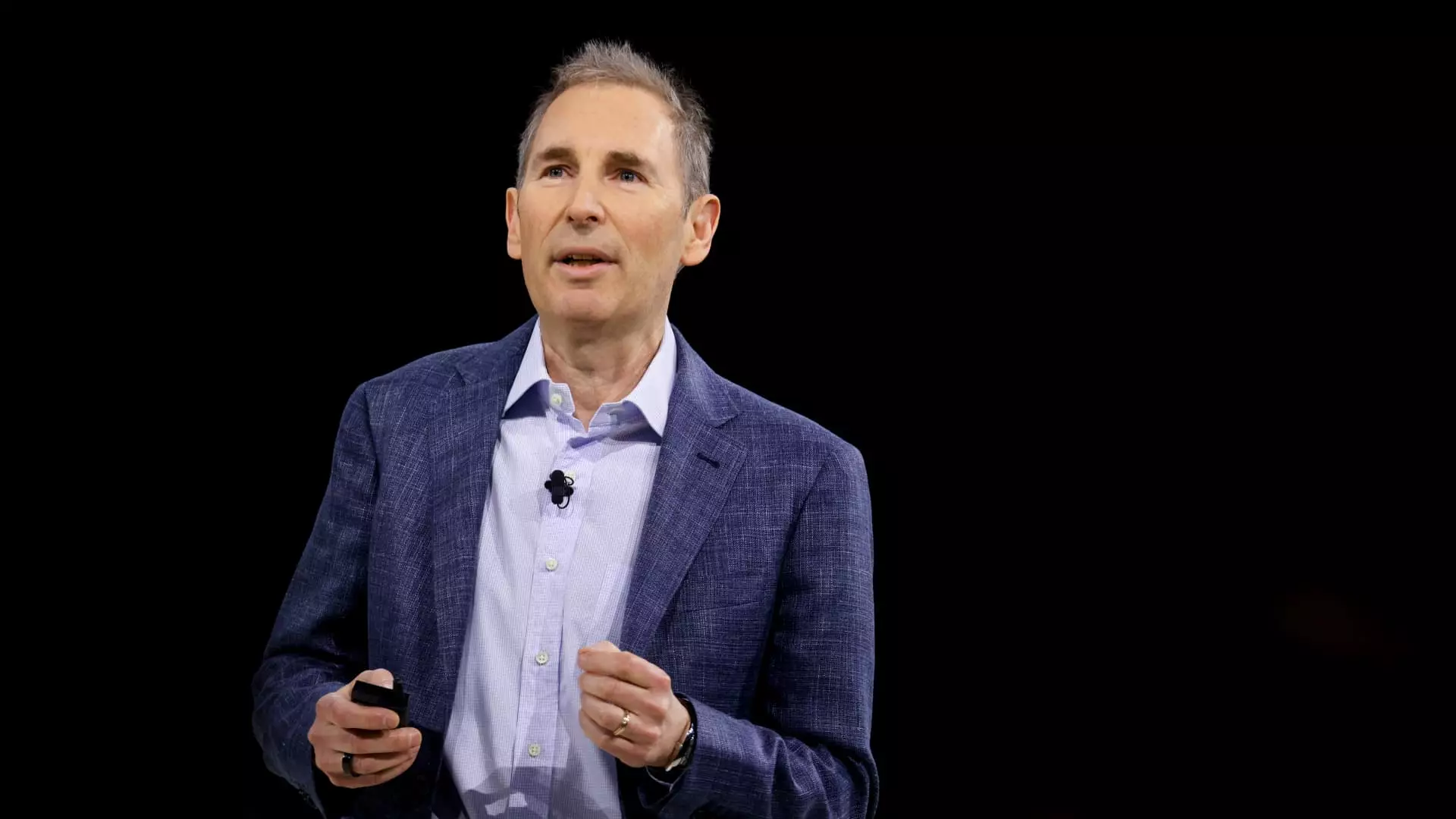The glorified narrative around artificial intelligence (AI) often centers on innovation, efficiency, and enhanced job creativity. Yet, beneath the optimistic veneer lies an uncomfortable truth: AI is poised to systematically reduce the number of jobs, particularly those rooted in repetitive and routine tasks. Amazon CEO Andy Jassy’s recent admission that AI-driven automation will inevitably lead to fewer employees performing functions once handled by humans is a pragmatic acknowledgment of a transformative but unsettling workforce evolution. It is naive to sugarcoat that as technology improves, entire categories of employment will shrink. This reality must be confronted head-on rather than cloaked in voguish promises of “new jobs” that may not materialize at the same scale or for workers with less technical skill.
The Myth of Job Creation: Where Are the New Roles?
Jassy’s assurance that although some roles are eliminated, many “other jobs” will emerge sounds reassuring, yet it avoids a rigorous examination of what this means for the average worker. The new roles often require advanced technical knowledge, AI fluency, or a degree of creativity and adaptability far removed from the traditional labor force profile. The stark divergence between jobs lost in warehouses, call centers, and manufacturing facilities, and jobs gained in AI development or robotics, raises social and economic questions ignored at the peril of policymakers and corporate leaders alike. For a workforce already grappling with skill mismatches and stagnant wages, the touted job creation feels more like an elitist narrative benefitting a narrow segment of tech-savvy professionals.
Tech Giants’ Workforce Shrinkage: A Harbinger for Broader Economic Impact
Amazon’s shedding of over 27,000 jobs since 2022 is emblematic of a broader trend in the tech sector where giants like Microsoft, Shopify, and Klarna are also aggressively reducing headcount using AI as both shield and sword. This is not mere cyclical restructuring; it is a fundamental shift in labor dynamics. The high-profile nature of these layoffs sends a ripple effect through the economy, signaling that the digital transformation is less about creating sustained employment and more about relentless efficiency and shareholder value. Investors expect these companies to deliver profits even as they wield AI to trim labor costs—demonstrating a corporate philosophy deeply steeped in capitalist pragmatism, often at the expense of the middle and working classes.
The Illusion of Innovation Liberating Labor
Prominent leaders like Jassy portray AI as liberating employees from “rote work,” allowing them to engage in more meaningful and interesting tasks. While morally and aspirationally appealing, this perspective glosses over the socioeconomic realities of the majority of workers. The proposition assumes a smooth transition whereby displaced employees seamlessly upskill or move into these elevated roles. Yet retraining on such a massive scale is neither simple nor feasible without significant institutional investment in education and workforce development—areas where current efforts remain inadequate. Without adequate support systems, the AI revolution risks exacerbating inequality rather than alleviating it.
Market Signals and the Stakes for the Future
Despite Amazon’s technological strides, its stock has underperformed this year compared to Nasdaq benchmarks and peers like Meta and Nvidia. This contrasting market behavior underscores the growing investor complexity regarding AI’s impact on traditional commercial models reliant on large human workforces. While AI heralds efficiency, it also ushers in a new era of market volatility and socioeconomic uncertainty. The center-right perspective recognizes the necessity of embracing competitive technological innovation but insists that this progress must be balanced with pragmatic labor market policies that protect workers. Ignoring the labor implications of AI adoption is not just socially irresponsible—it’s economically short-sighted. The next few years will test how well capitalism can reconcile technological disruption with the enduring need for broad-based employment opportunities.

